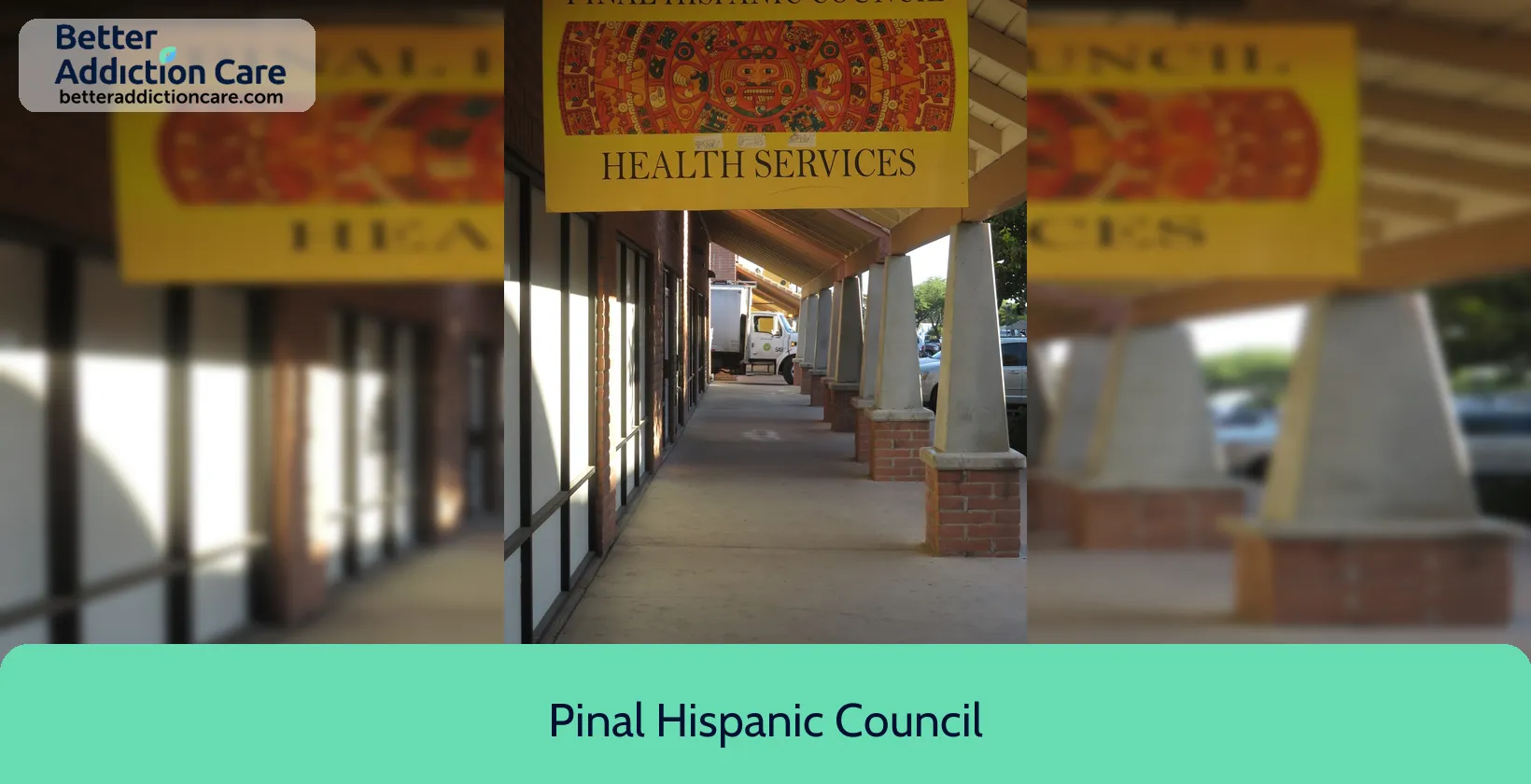HOPE

Overview
HOPE is a substance abuse treatment center for people seeking treatment near Santa Cruz County. As part of their treatment modalities for recovery, HOPE provides group counseling, cognitive behavioral therapy, and telemedicine/telehealth therapy during treatment. HOPE is located in Nogales, Arizona, accepting medicaid for treatment.
HOPE at a Glance
Payment Options
- Medicaid
- County or local government funds
- Community Mental Health Block Grants
- Cash or self-payment
Assessments
- Comprehensive mental health assessment
- Interim services for clients
- Outreach to persons in the community
- Screening for mental disorders
- Screening for substance use
Age Groups
- Seniors or older adults
- Young adults
- Adults
- Seniors
Ancillary Services
- Case management service
- Education services
- Suicide prevention services
- Supported employment
- Mental health services
Highlights About HOPE
6.80/10
With an overall rating of 6.80/10, this facility has the following balanced range of services. Alcohol Rehabilitation: 8.00/10, Treatment Options: 7.21/10, Drug Rehab and Detox: 6.00/10, Insurance and Payments: 6.00/10.-
Alcohol Rehabilitation 8.00
-
Treatment Options 7.21
-
Drug Rehab and Detox 6.00
-
Insurance and Payments 6.00
Accreditations
State department of health:

State Licenses, issued by government agencies, authorize rehabilitation organizations to legally operate within designated geographical areas. The specific licenses required for operation are typically determined by both the nature of the rehabilitation program provided by the facility and its physical location.
Treatment At HOPE
Treatment Conditions
- Alcoholism
- Mental health treatment
- Substance use treatment
- Co-occurring Disorders
Care Levels
- Outpatient
- Regular outpatient treatment
- Aftercare
Treatment Modalities
- Group counseling
- Cognitive behavioral therapy
- Telemedicine/telehealth therapy
- Substance use disorder counseling
- Trauma-related counseling
Ancillary Services
Languages
- Sign language services for the deaf and hard of hearing
- Spanish
Special Programs
- Clients with co-occurring mental and substance use disorders
- Criminal justice (other than DUI/DWI)/Forensic clients
- Persons 18 and older with serious mental illness (SMI)
- Persons with post-traumatic stress disorder (PTSD)
- Clients who have experienced trauma
Get Help Now
Common Questions About HOPE
Contact Information
Other Facilities in Nogales

7.17

7.14
DISCLAIMER: The facility name, logo and brand are the property and registered trademarks of Pinal Hispanic Council, and are being used for identification and informational purposes only. Use of these names, logos and brands shall not imply endorsement. BetterAddictionCare.com is not affiliated with or sponsored by Pinal Hispanic Council.
